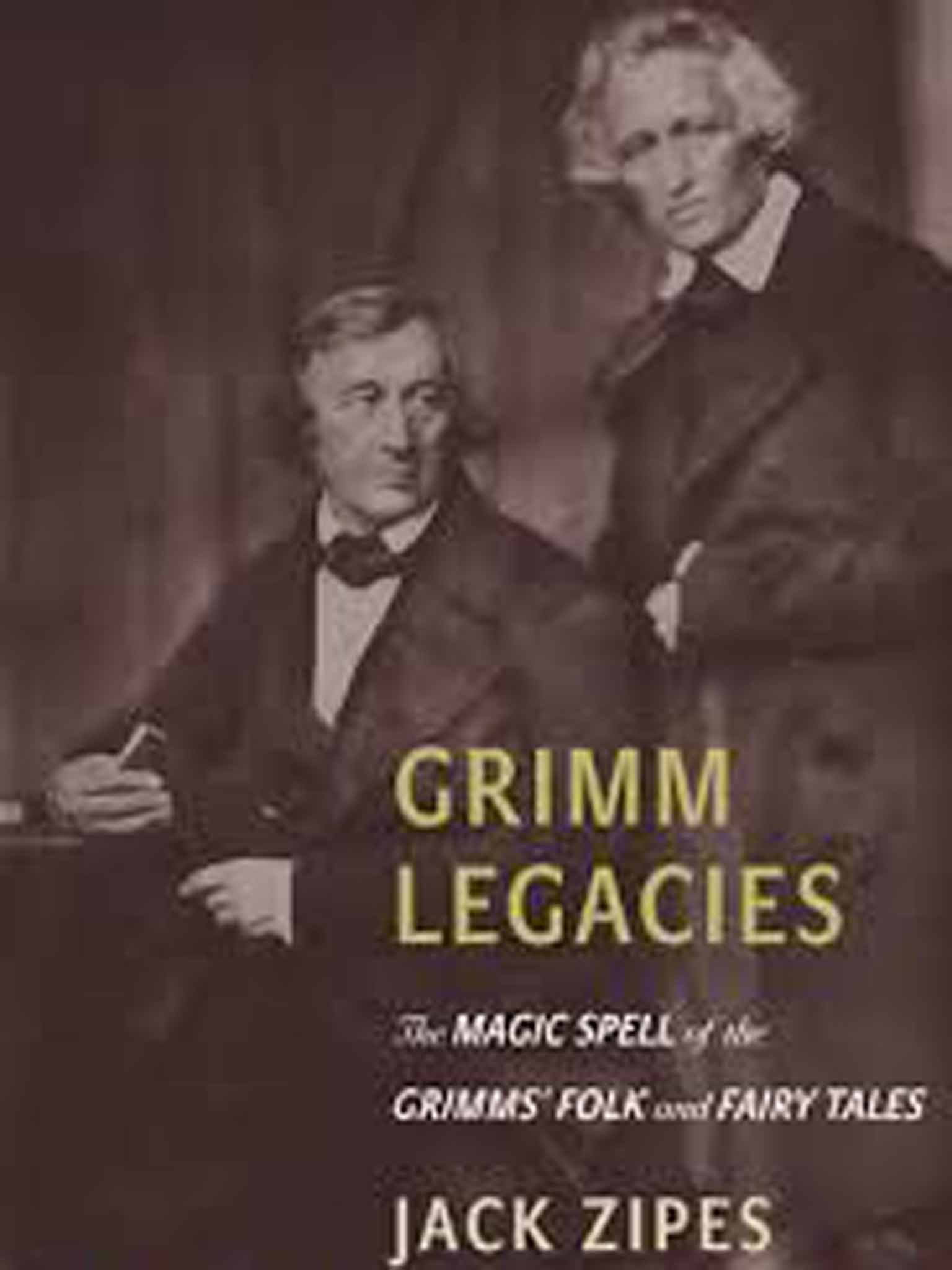Grimm Legacies: The Magic Spell of the Grimm's Folk and Fairy Tales by Jack Zipes - book review
A trail of literary breadcrumbs from a disgruntled scholar

"In no way, despite the Grimm's creation of the small edition in 1825, did they want their German tales to be treated as tales for children," writes Professor Jack Zipes in this collection of his lectures published by Princeton University. In fact he's waging a one-man war against infantilism, and spends a great deal of time fulminating against Disney in particular. Here's an example, concerning the film Tangled from 2010. It is "inane" and "emptied of the meaning of the Grimms" and other 'Rapunzel' folk tales", he rages. "Disney promoters should have called the film ‘Mangled’." Cue titters from the students in the lecture hall.
He mentions the Grimms in their graves at least twice in the book, variously resting or spinning in their caskets. He's at his worst understanding Hollywood and popular culture, and at his best on philology and modern versions of these old tales for adults, especially with feminist critiques. The portrait of the two brothers Jacob and Wilhelm, living often in poverty in Hess, is fascinating.
Many of the tales don't actually come from Germany and Zipes argues that they should be seen as a European proto-federalisation project. I also didn't realise the existence of an early manuscript of their work found in a monastery in 1920, which proves beyond doubt that they loved to embellish. The tales are not - as the Grimms and others would have you believe - the pure and unadulterated words spoken by crones in rural Germany while baking strudels and gingerbread.
At various points the sexual and anticlerical aspects of the stories were suppressed by translators and the Grimms themselves. The main "villain" in this history turns out to be a Norfolk lawyer from Diss named Edgar Taylor, who translated the tales for the English-speaking world, having cannily sensed their appeal as family reading - once sanitised, of course.
Though a correction to his distortions appeared in 1884, major publishers such as Puffin were still publishing the Taylor versions in 2012 as the "genuine" article. Zipes especially hates this edition, including an introduction from Cornelia Funke, "the German popular writer of fantasy books similar to JK Rowling", which he describes as "trivial and misleading".
Let's be clear: this is a collection of academic essays, and they have not been altered to accommodate the general reader. Yet the book is full of intriguing details that leave a trail of breadcrumbs through the forest for anyone seeking a deeper understanding of the Brothers Grimm.
Subscribe to Independent Premium to bookmark this article
Want to bookmark your favourite articles and stories to read or reference later? Start your Independent Premium subscription today.

Join our commenting forum
Join thought-provoking conversations, follow other Independent readers and see their replies